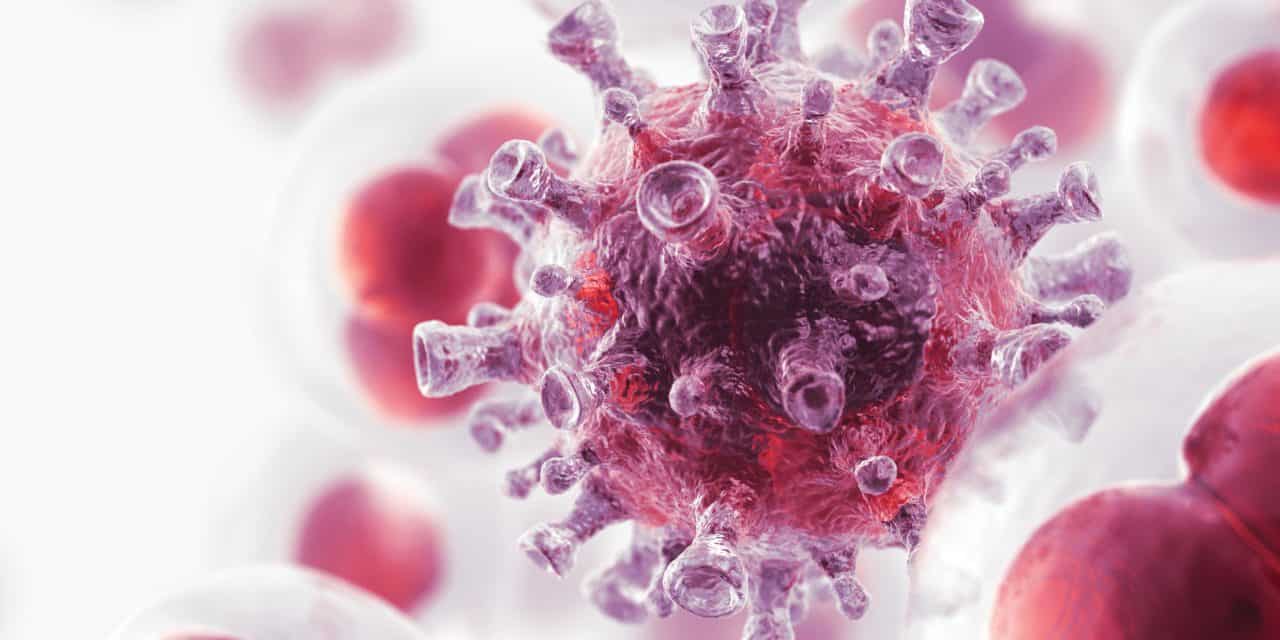Multi drug or rifampicin resistant tuberculosis (MDR/RR-TB) is a major burden to TB prevention and eradication globally. Since 2016, WHO guidelines have included options for treating MDR/RR-TB with a standard regimen of 9 to 11 months duration (the ‘shorter regimen’) rather than an individual regimen of at least 20 months. This regimen has been introduced in Indonesia since September 2017. Therefore, we aimed to determine the success rate and factors associated with the treatment outcome of shorter injectable based regimen in West Java province, Indonesia.
This was a retrospective cohort study of MDR/RR-TB patients aged over 18 years old who received the shorter injectable based regimen between September 2017 and December 2020. We defined successful outcomes as the combined proportion of patients who were cured or had complete treatment. While, unsuccessful outcomes were defined as the combined proportion of patients who died from any causes, failure, and loss to follow-up (LTFU).
A total of 315 patients were included in this study. The success rate was 64.5%. Multivariate analysis showed male gender (aRR = 1.18, 95% CI 1.04 to 1.34) increased the chance of successful outcome, while malnutrition (aRR = 0.78, 95% CI 0.68 to 0.89), history of previous TB treatment (aRR = 0.80%CI 0.68 to 0.94), and time of culture conversion >2 months (aRR = 0.72 (95% CI 0.59 to 0.87) decreased the chance of successful outcome.
History of previous TB treatment, time of culture conversion >2 months, and malnutrition were independent factors that decrease the chance for success rate, while male gender increase the likelihood for success rate of patients treated by the shorter injectable based regimen.
Factors associated with treatment outcome of MDR/RR-TB patients treated with shorter injectable based regimen in West Java Indonesia.


